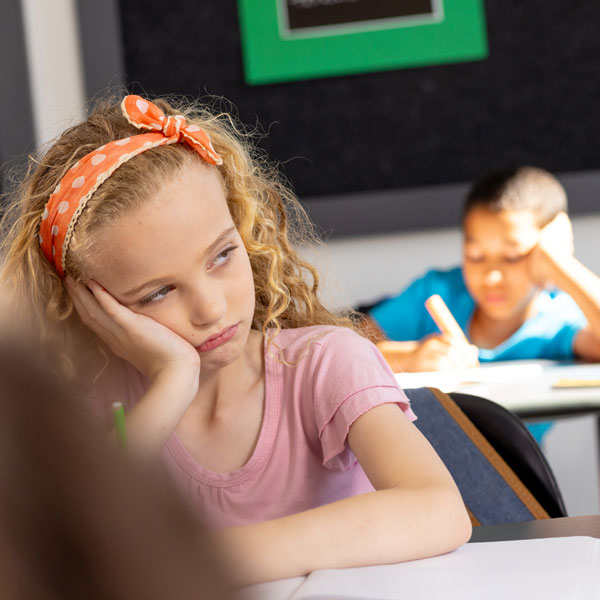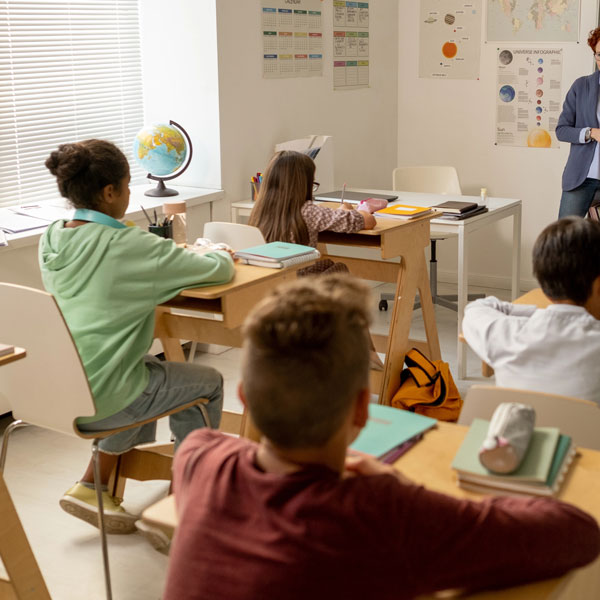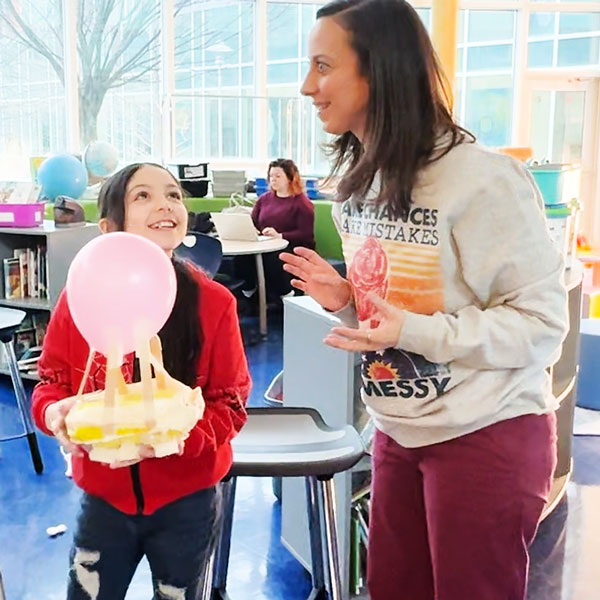Early Intervention Matters
The best time to act is in elementary school. Early intervention makes it possible for teachers to close gaps in reading and math proficiency and other skill development before those gaps grow into larger problems later on. Waiting until middle or high school leaves students too far behind–without the skills and knowledge to learn in those grades–erodes confidence, and drives disengagement.




